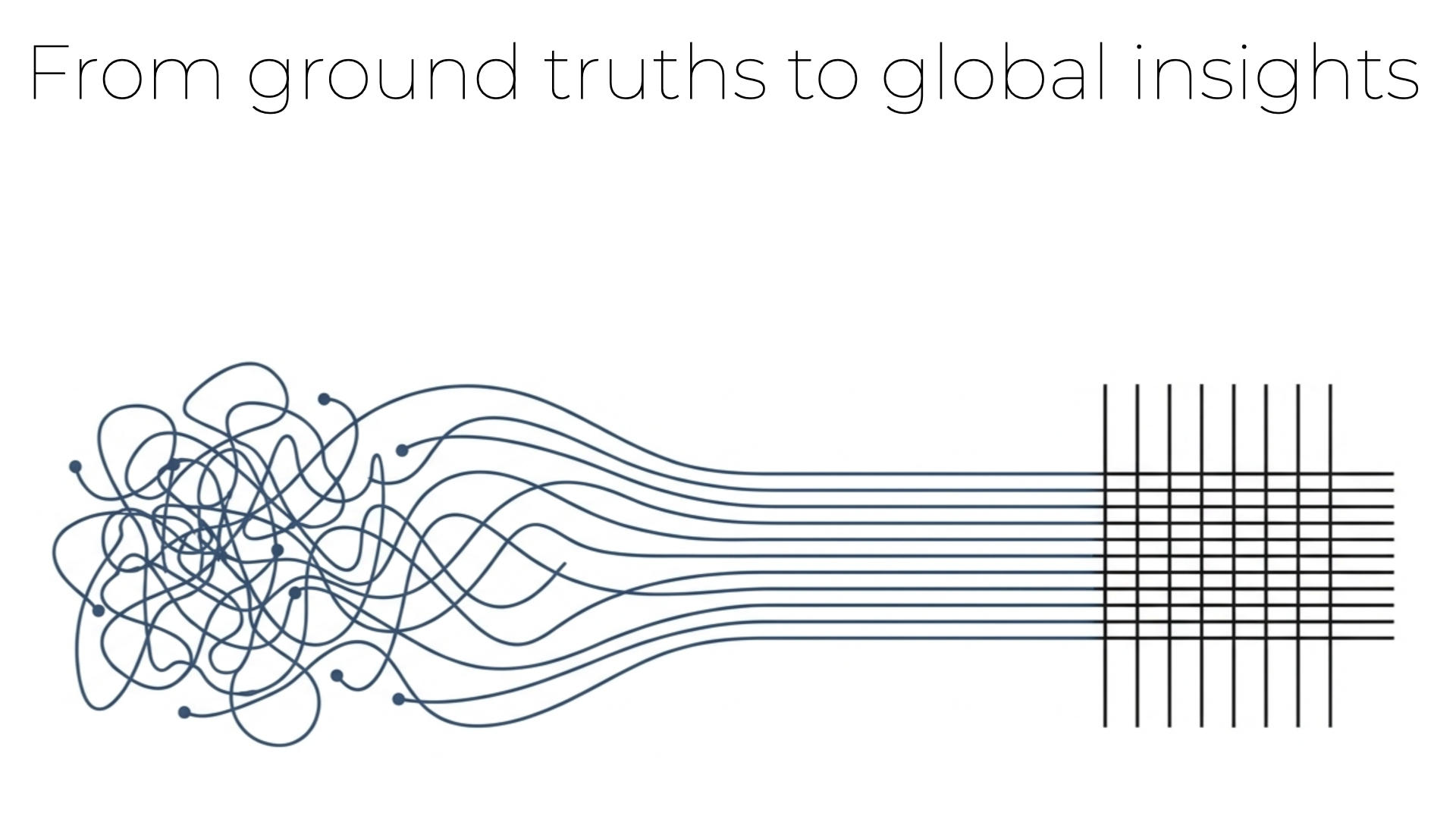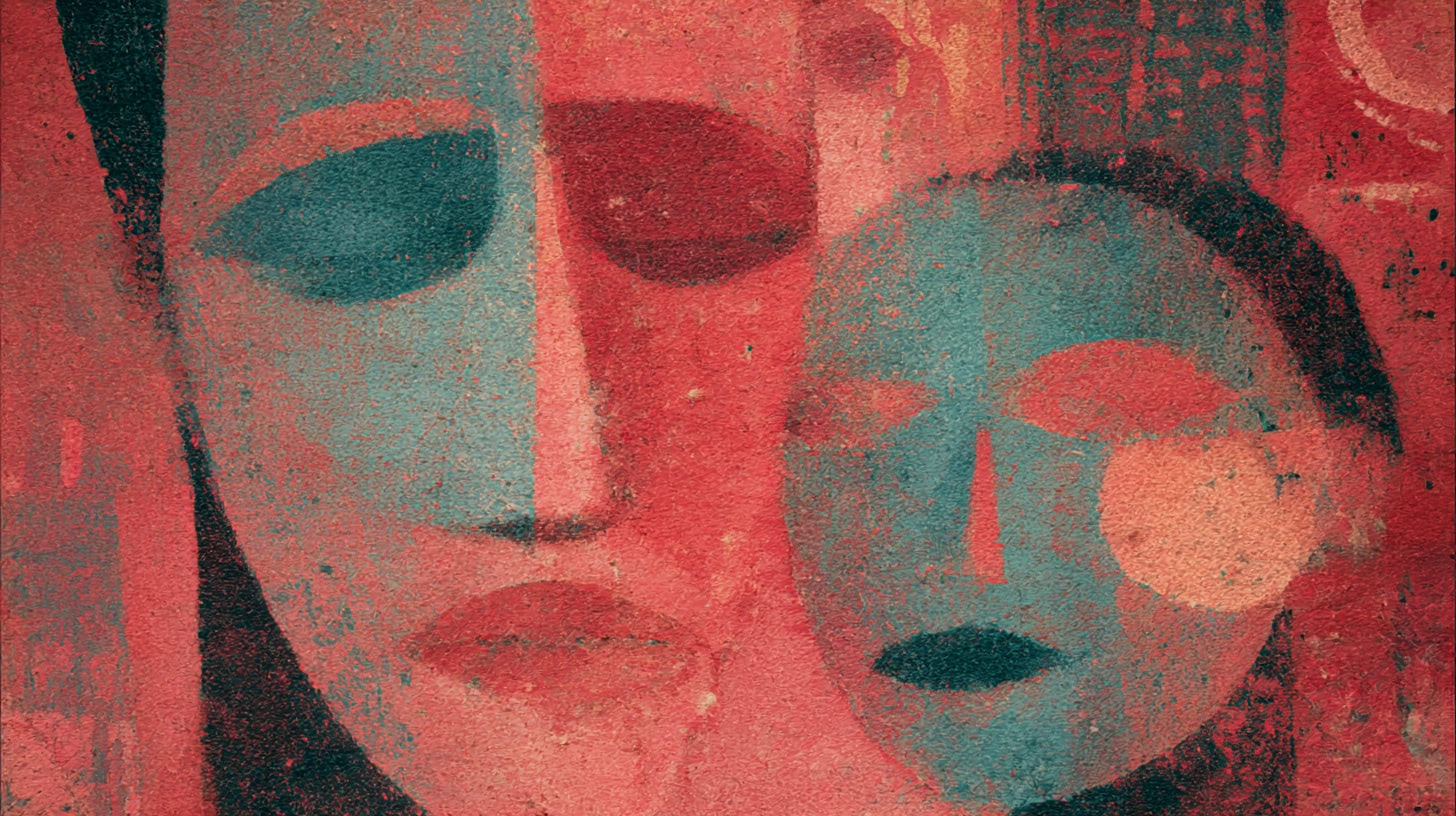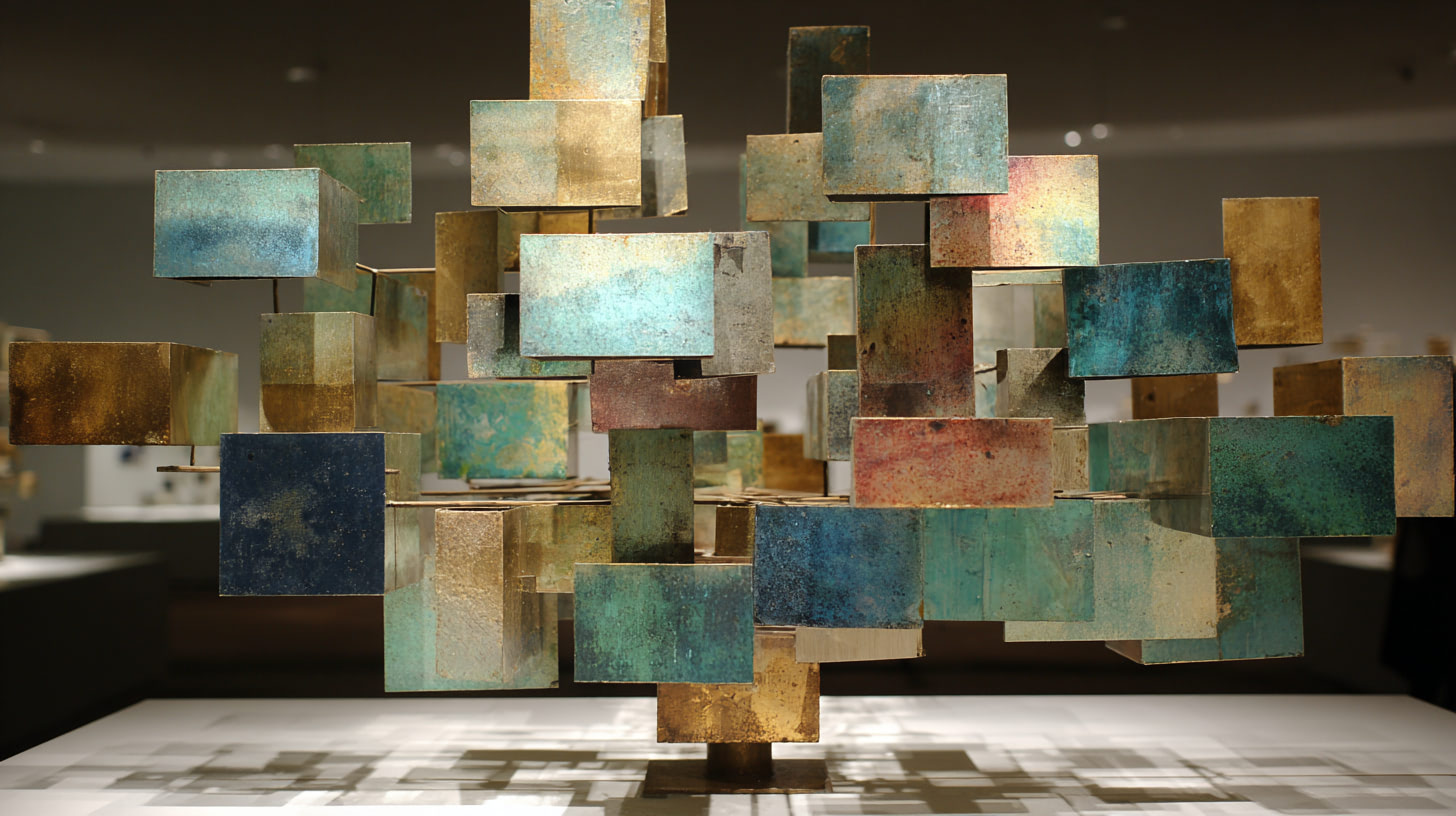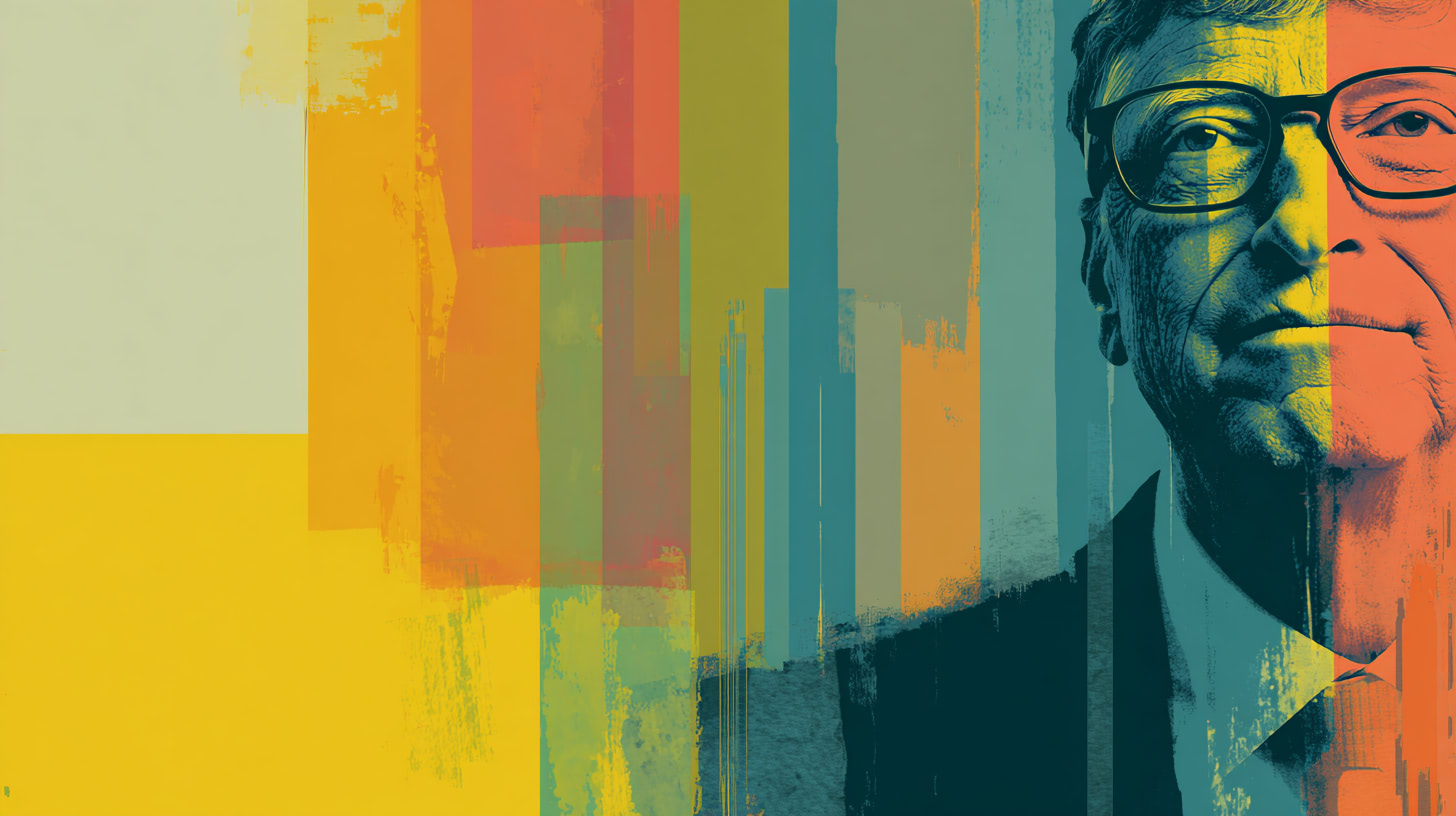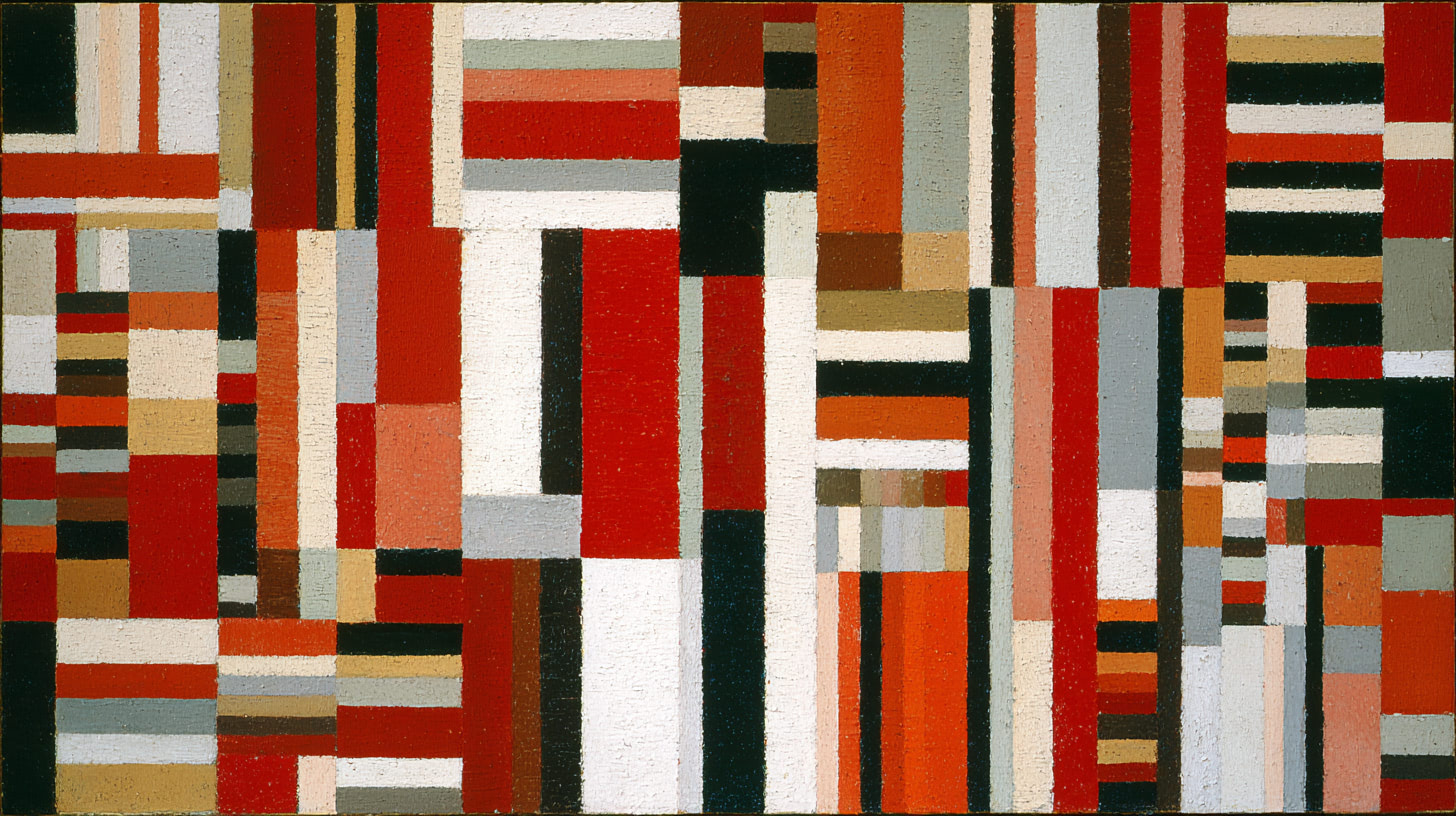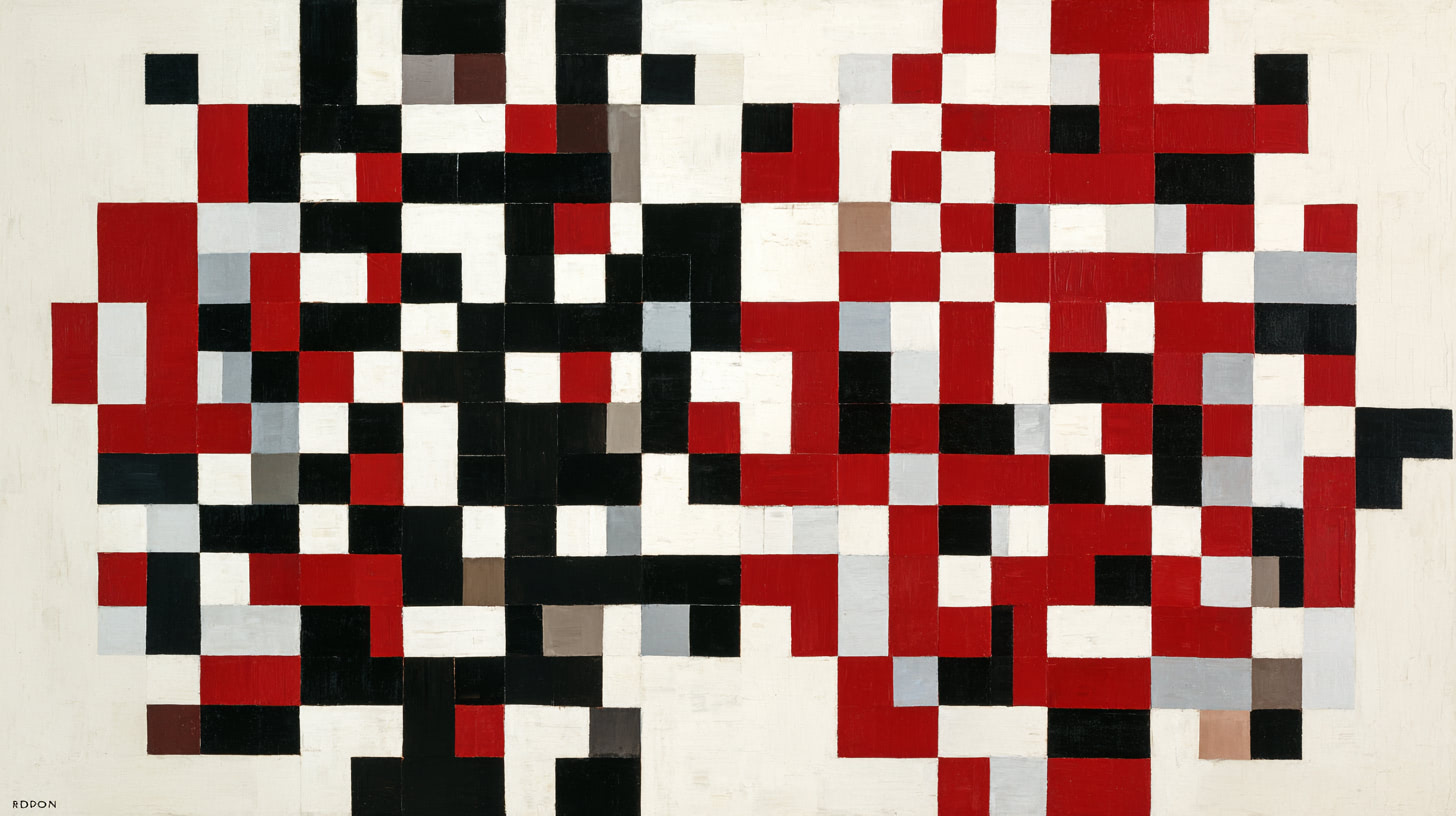
The article “A decolonial feminist perspective on gender equality programming in the Global South” provides a critical analysis of how international non-governmental organizations design and execute gender equality programs. The authors, Udenigwe Ogochukwu, Aubel Judi, and Abimbola Seye, argue that many current initiatives adapt to existing systems of oppression rather than dismantling them.
